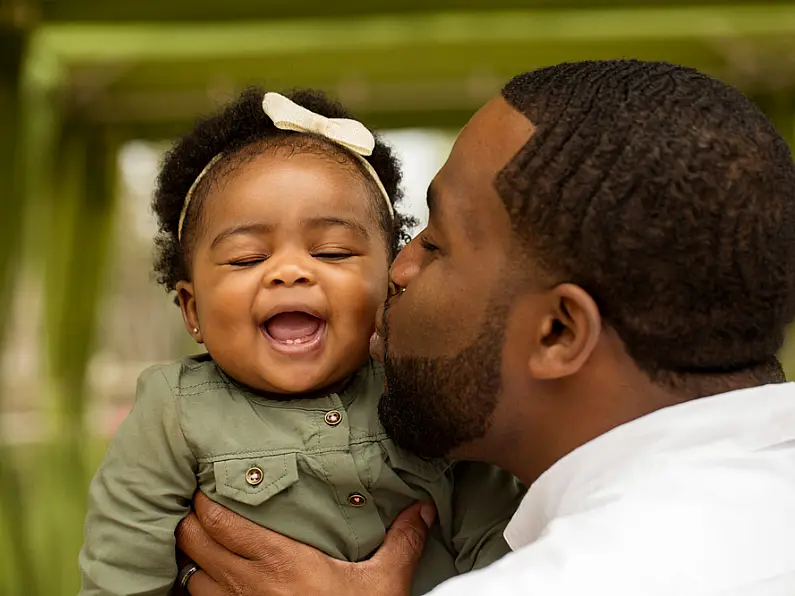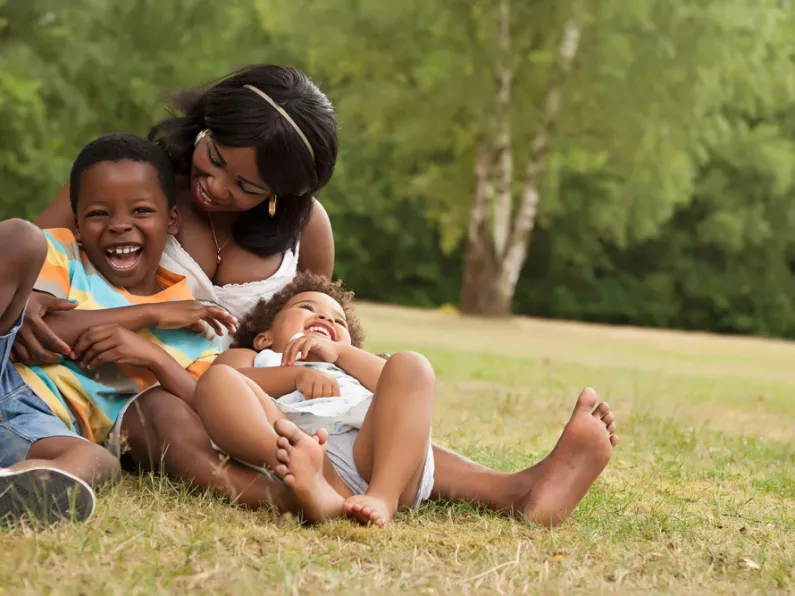This is how to stop your child telling lies, according to a viral TikTok nanny.
TikTok nanny Kayla Whitley, or @trying2communicatewkayla, has gone viral for her tips on what to do when you suspect your child is lying.
But lying is not good and definitely not something you want your child doing regularly.
So, what's the solution?
TikTok nanny Kayla Whitley thinks she has the answer.
This is how to stop your child telling lies
https://www.tiktok.com/@trying2communicatewkayla/video/6919491869139356934
In this video, Kayla shows a little girl she looks after lying about having completed her homework.
And her trick to getting the little girl to be honest is to give her "one more chance to be truthful".
She explains: "Give them one more chance to be truthful. Give them a warning that you know they are lying."
The little girl does finally come clean and admits she hasn't done her homework.
'Explain natural consequences'
If you want another option for handling fibs, the nanny has another suggestion.
“Explain natural consequences in a way they can understand," she explains.
She then asks the little girl: “Hey, you know that not doing your homework only hurts you, right?
“It doesn’t do anything to me. You’re going to get a bad grade, you might have to repeat the second grade. Are you sure you finished it?”
Why do children lie?
Children might lie to:
- cover up something so they don’t get into trouble
- see how you’ll respond
- make a story more exciting
- experiment
- get attention
- get something they want
- avoid hurting someone’s feelings – what we call a ‘white lie’.
When do children start lying?
Children can learn to tell lies from as young as 3 years of age, but lie more between the ages of 4 and 6.
As children get older, they can lie more successfully without getting caught.
By adolescence, children regularly tell white lies to avoid hurting other people’s feelings.
Encouraging children to tell the truth
Once children are old enough to understand the difference between true and not true, it’s good to encourage and support them in telling the truth.
You can do this by emphasising the importance of honesty in your family and helping children understand what can happen if they lie.
If your child tells a deliberate lie, the first step is to let your child know that lying isn’t OK, and to explain why.
Here are some ideas on how to handle deliberate lying:
- Communicate: Talk calmly with your child about how lying makes you feel, how it affects your relationship with your child, and what it might be like if family and friends stop trusting your child. This emphasises the difference between what happens if your child is honest and what happens if they’re dishonest.
- Call it out: Always tell your child when you know that they aren’t telling the truth. But try to avoid continually asking your child if they’re telling the truth. And never call your child a ‘liar’.
- Make it easier for your child not to lie: You can start by thinking about why your child might be telling lies. For example, if your child is lying to get things they want, consider a rewards system that lets your child earn the things instead.
If you keep praising your child for telling the truth and you also use consequences for lying, your child is less likely to lie as they get older.
Lying about serious issues
Sometimes children lie or keep secrets about serious issues. For example, children who have been abused by adults or bullied by other children often lie because they fear that they’ll be punished if they tell.
Here’s what to do if you suspect your child is lying to protect someone else:
- Reassure your child that they’ll be safe if they tell the truth.
- Let your child know you’ll do everything you can to make things better.
If you have concerns about your child’s behaviour, safety or wellbeing, think about getting professional help.
Talk to your doctor or school counsellor for advice on who to contact.







